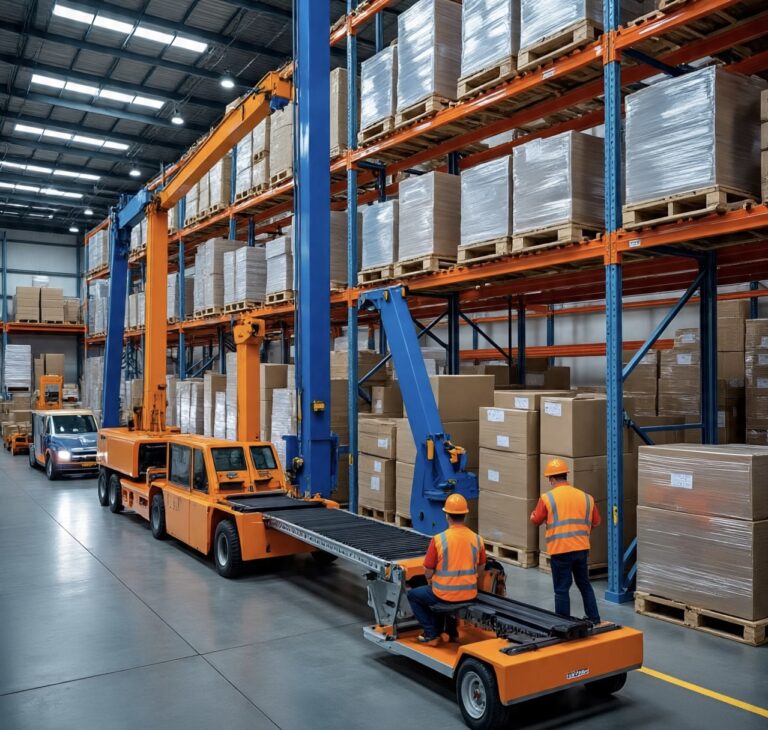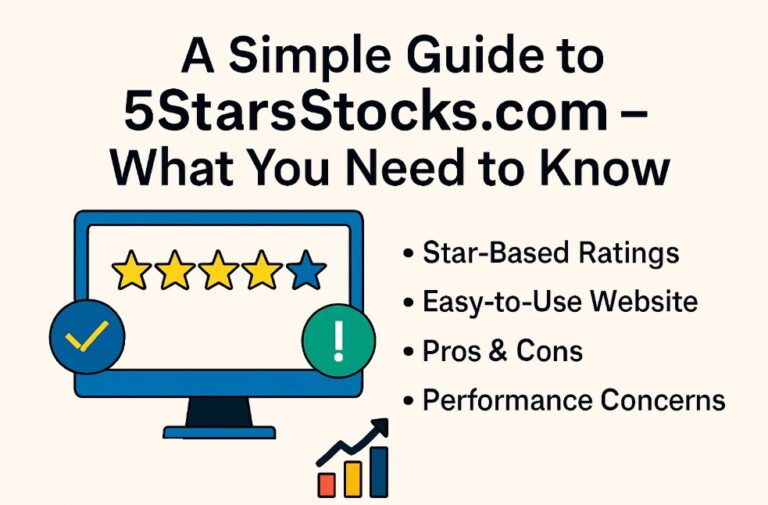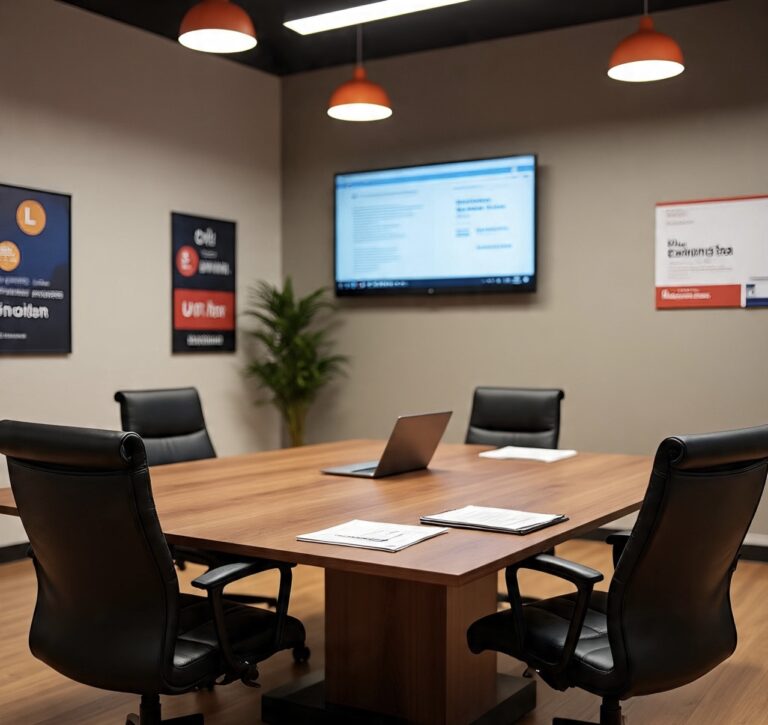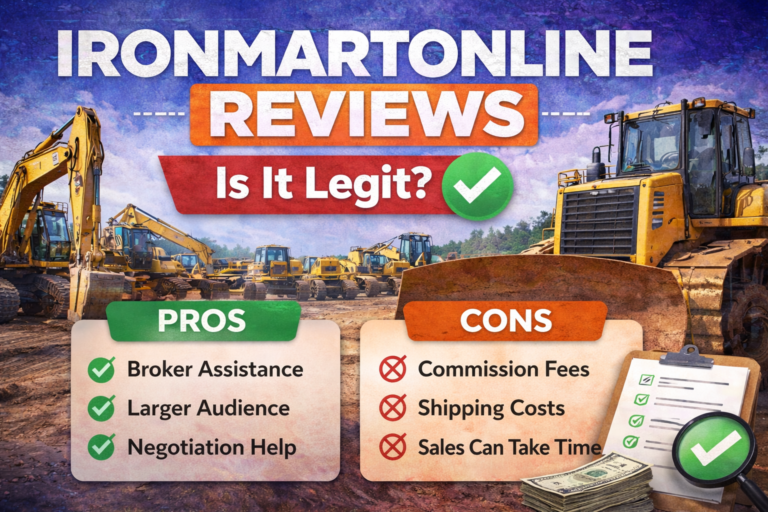ESG Consultants and WHS Consultants: Aligning Sustainability and Safety for Australia’s Next Phase
Australia’s business landscape is changing. Investors, regulators, and employees want organisations to prove they are protecting people and the planet and not just making a profit. Stakeholders want credible ESG (Environmental, Social, Governance) action and the old “compliance-only” mindset is no longer enough. The future of ESG consulting in Australia will continue to focus on climate targets and board charters, but it will also include integrating those frameworks with practical workplace systems from Anitech WHS consultants.
Intersection of ESG and WHS: Integrated Risk Perspective
In Australia, the frameworks of ESG and WHS are most commonly treated as two separate conversations, one for the board and the other for the site. In reality, safety and sustainability are two sides of the same coin- risk management. WHS consultants manage systemic and operational risks, while ESG consultants manage environmental and social risks associated with reputation and finance.
By integrating disciplines, we achieve a complete view of risks, including emissions, wellbeing, governance, and incidents. This enables executives to respond to a pivotal query: Is our organisation safe, responsible, and resilient to the disruptions of the future?
An ESG consultant might rely on the GRI, ISSB, TCFD, or ASX guidelines, while a WHS consultant provides the ground truth: the human metrics to validate those frameworks in practice.
The Social Dimension: Safety as Sustainability
In the Australian context, WHS initiatives might be the last to be considered when implementing sustainable practices. Most will assume actions on the environment “E” as carbon, waste and energy, while “S” in ESG draws more concern. Regulators and employees require evidence of psychological safety, equity, and justice in the workplace.
WHS practitioners reduce the “social” commitments of ESG to tangible actions such as fatigue management, mental health support, and safety in design. More importantly, WHS consultants contribute to the measurability of the “S” by the alignment of wellbeing, safety, and diversity initiatives to ESG reporting.
An ESG report might claim “we value our people” without evidence, but a WHS consultant can provide evidence: lost-time injury frequency, participation in mental health programs, and early intervention outcomes.
Governance That Works Beyond the Boardroom
The “G” in ESG—governance—signifies much more than just policies and disclosures. It means **accountability in decision making**. While ESG consultants assist boards in the development of oversight and ethics structures, the safety and sustainability of executive performance, reviews, and procurement decisions hinges the integrity of governance.
This collaboration between ESG and WHS teams is where the real synergy happens. WHS consultants help embed governance systems designed by ESG consultants into the everyday workflows of reporting lines, incident investigations, and contractor management systems. Safe workplaces are civil workplaces.
The Climate Transition and Human Safety
Australia’s decarbonisation drives—solar farms, battery recycling, and hydrogen production—presents new and unique risk scenarios. Renewable doesn’t automatically equate to safe. Workers face new and dangerous exposures: high-voltage systems, the handling of dangerous chemicals, confined spaces, and extreme heat.
ESG consultants draft the climate transition roadmap—net-zero plans, renewable energy sourcing, and waste reduction strategies.
WHS consultants plan to keep worker safe through the construction, handling, and maintenance, along with WHS in the plans. The collaboration guarantees that Australia’s clean energy future is not at the expense of the health of the worker and the safety of the public.
Understanding Your Data
Reports based on sustainability no longer have credibility if they contain vague or generic claims. Investors and regulators are looking for precise and traceable data. The best ESG and WHS consultants are collaborating and using integrated shared platforms:
Environmental data (energy, waste, or emissions) integrated with
Human data (injury rates, exposure levels, wellbeing scores)
The combined data set articulates operational integrity. This includes reduced emissions, safe tasks, and improved wellbeing displayed on the same trendline. It also allows for the duplication to be eliminated. There is one monitoring system, one audit plan, and one improvement cycle.
Transitioning to a Performance Culture
Australian businesses are past the stage of merely doing the bare minimum, and compliance should be seen as the minimum. The joint work of ESG and WHS consultants helps businesses to a **performance culture**—where safety, ethics, and sustainability all work to boost competitiveness.
For instance:
ESG objectives are included in procurement standards, which require suppliers to be safe and ethical.
WHS audits look more closely at practices around sustainability, especially waste and energy usage.
Executive scorecards include both environmental and safety results in one comprehensive performance score.
The result is a business that is visible in its values, and as such, attracts investment, wins business contracts, and retains talent.
Future Initiatives for Australian Organisations
1. Integrate and Consolidate ESG Consolidate ESG and WHS Reporting – Use one dashboard to manage and track environmental and human indicators.
2. Identify and Map Crossover Risks – Consider the intersections of environmental, social, and safety risks and mapping, for safety risks.
3. Entwine Governance And Accountability– Integrated accountability for safety and ESG performance in the strategic and operational reviews of the board and executive management.
4. Train Cross-field Teams – WHS officers acquire the ESG ‘grammatic’ and language, while the sustainability team understands the workplace.
5. Conduct Supply Chain Audits – Integrate safety and sustainability to the expectations for performance of contractors and partner suppliers.
Bottom line
The next decade of corporate credibility in Australia will go to those who successfully bridge the ambition of ESG with the execution of WHS. ESG consultants provide the strategy framework, while WHS consultants operationalize it. The two partner to create organisations that, while compliant safe and ethical resilient to practice adversity.






